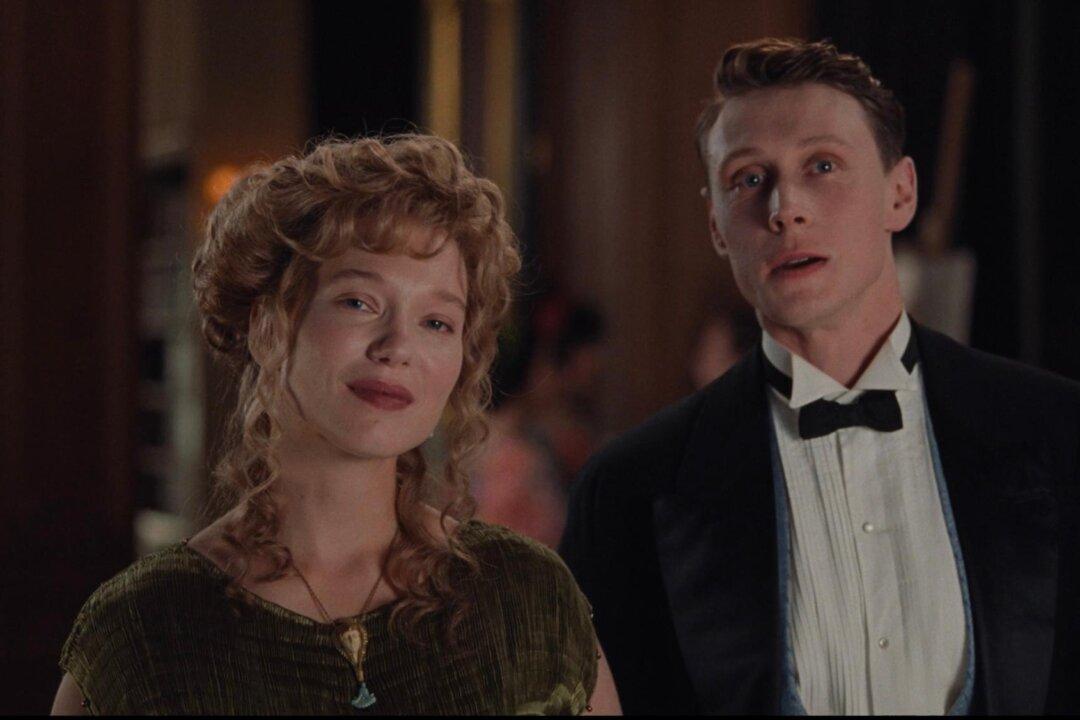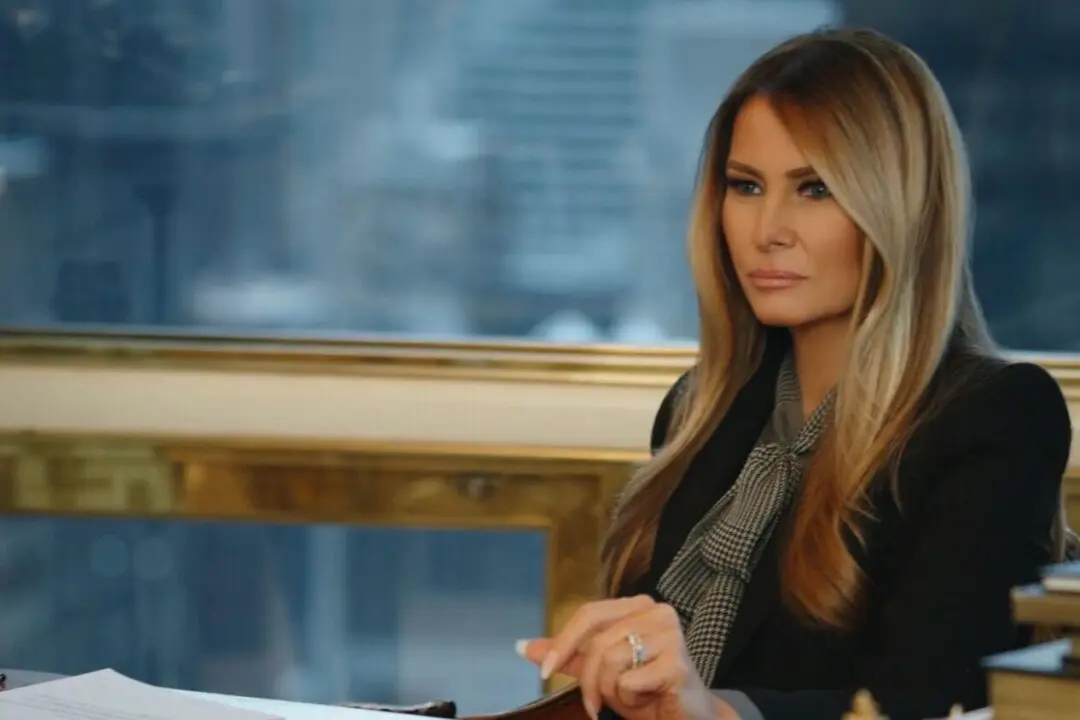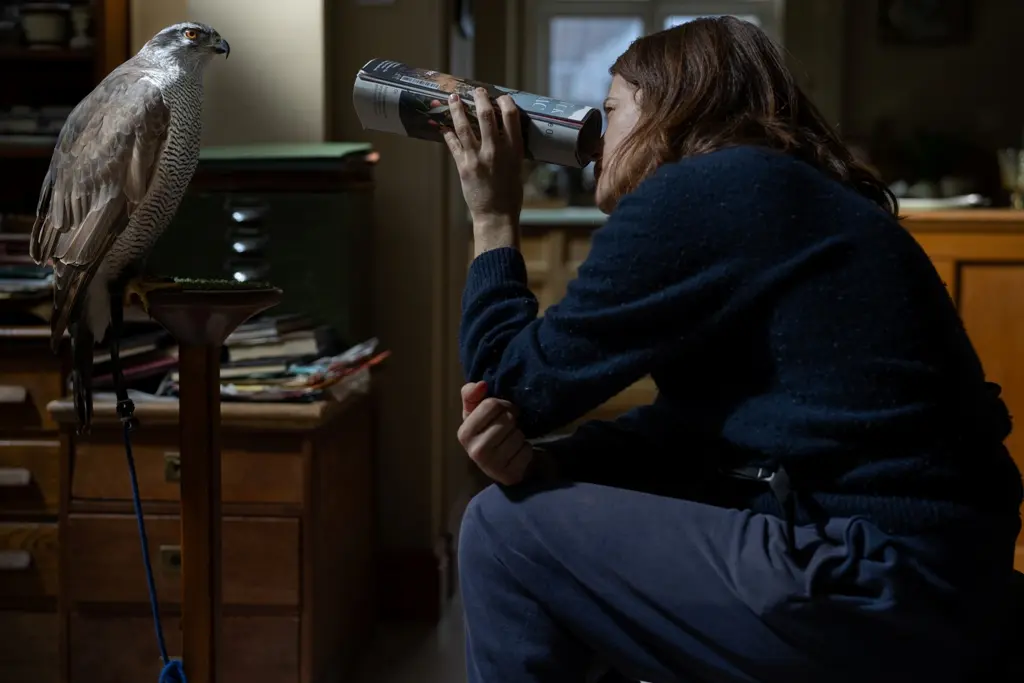NR | 2h 26m | Drama, Romance, Mystery, Thriller, Sci-Fi | 2024
Not so much adapted from, but more inspired by, the 1903 Henry James novella “The Beast in the Jungle,” French writer and director Bertrand Bonello’s “The Beast” is a sprawling science-fiction romantic thriller that shares a great deal of narrative and tonal overlap with many other films, but is thoroughly unique in its approach.






